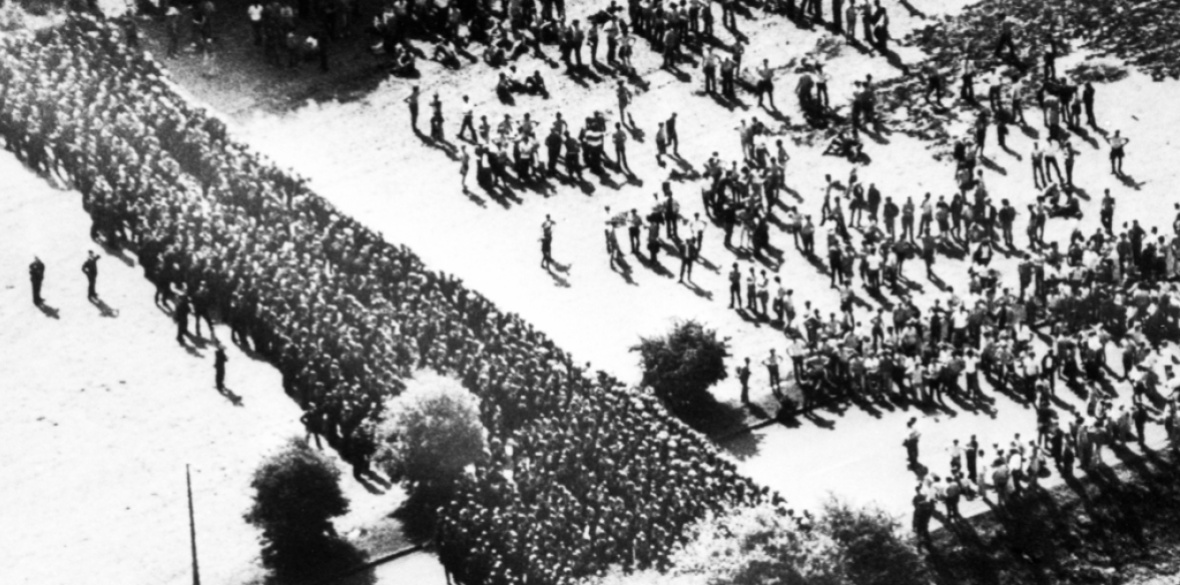This is the last article you can read this month
You can read more article this month
You can read more articles this month
Sorry your limit is up for this month
Reset on:
Please help support the Morning Star by subscribing here
JUNE 18 1984 is a date that will long live in the memories of coalmining communities.
It was on that day 37 years ago that the full brutality of the state was unleashed on striking miners and in the aftermath used to cover it up.
The battle of Orgreave, as it became known, and the truth and justice campaign it inspired are marked today.
In 1984 when the strike came, I was an apprentice working for the National Coal Board. Despite the union agreeing that apprentices could continue to work, I heeded my dad’s words about not crossing a picket line and joined him, my brothers and my community in the year-long struggle for jobs.
My first experience on the picket line was not a lengthy affair. We arrived at nearby Blyth power station to join striking miners from Scotland on the picket line and, with my dad still parking the car, I was unceremoniously crammed into the back of a police van — the first time in my life I had ever been in trouble.
The picket lines were often dangerous places and the tactics used by police, often bussed in from other areas, were disgraceful.
Trumped-up charges were levelled at men who had never been in trouble before and they were coerced into accepting lesser charges to keep them away from the picket lines.
There was no doubt to those of us who lived through the strike that the government was using all the tools available to try to crush ordinary men and women.
Every day up and down the country there were incidents of police brutality and judicial interference all the while reported on by a shockingly biased press.
Orgreave, of course, was the most famous and worst example.
Ordinary people bludgeoned by a police force with military precision and the dutiful press going so far as to reverse film footage to obscure the realities of the day.
In 2015 the Independent Police Complaints Commission found “evidence of excessive violence by police officers, a false narrative from police exaggerating violence by miners, perjury by officers giving evidence to prosecute the arrested men and an apparent cover-up of that perjury by senior officers.”
Only last month a new documentary, whose narrative portrayed Margaret Thatcher as a genius, laid bare the involvement from the highest levels of government in the strike.
During the dispute the government said it was an innocent bystander and it was only Cabinet papers released in 2014 that showed this was categorically untrue.
There is now an apparent rewriting of history to reflect the duplicitous times we live in.
A present where the Prime Minister brazenly lies to Parliament is being used to rehabilitate one that did so under fear of it being exposed.
Last year a review set up the Scottish government made proposals that miners convicted during the strike for matters relating to it should be pardoned.
With the overwhelming evidence that miners and their communities were persecuted ruthlessly by a prime minister using every tool of the state at her disposal, it’s time this was followed up in the rest of Britain too.
Orgreave will live long in the memory and it is only right that a full inquiry hears the truth of policing that fateful day and throughout the strike more generally. The people of the coalfields deserve an apology.
Ian Lavery is MP for Wansbeck. The Orgreave Truth and Justice Campaign annual rally takes place online today. For more information visit otjc.org.uk.









